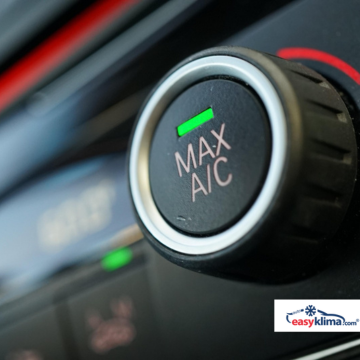How much fuel does a car’s air conditioning use?

When travelling by car, especially in hot weather, drivers often rely on air conditioning to make the journey more comfortable. However, the issue of the impact of air conditioning on fuel consumption is highly controversial and questionable.
Efficiency of modern systems: Modern car air conditioning systems have been optimised for energy efficiency. Advanced technologies allow more precise control of cabin temperature, resulting in lower energy consumption.
Impact on fuel consumption: Studies and tests have shown that the use of air conditioning can indeed affect fuel consumption. However, this relationship is usually less significant. The impact of air conditioning on fuel consumption tends to be more noticeable during urban driving, where frequent stopping and starting creates conditions conducive to higher fuel consumption.
Driving speed and fuel consumption: It is worth noting that the effect of air conditioning on fuel consumption can depend on driving speed. On the motorway, where a constant speed is maintained, the load on the air conditioning tends to be lower than in urban conditions, which can affect fuel economy.
Alternatives: Considering the balance between cabin comfort and energy efficiency, it is worth considering alternatives. For short distances or moderate weather conditions, instead of air conditioning, drivers can use ventilation or open windows, which can be just as effective with lower energy consumption.
Optimal use of air conditioning: Minimising the impact of air conditioning on fuel consumption involves some practical recommendations. It is advisable to use air conditioning in moderation and to favour efficient modes of operation. In addition, regular maintenance and servicing of the air conditioning system can help to maintain its efficiency.
Summary, the amount of fuel consumed by a car’s air conditioning system depends on a number of factors. Modern technologies designed to minimise the impact of air conditioning on fuel consumption allow drivers to enjoy cabin thermal comfort while minimising the negative impact on fuel resources. Ultimately, skilful and informed use of air conditioning can contribute to a balance between driving comfort and vehicle energy efficiency.
